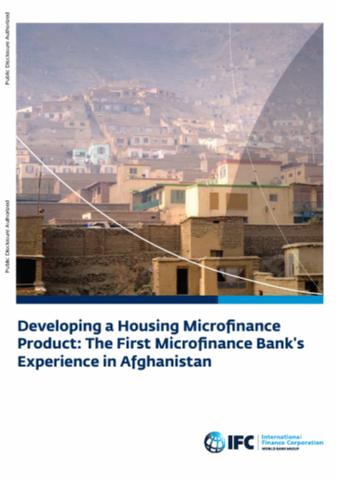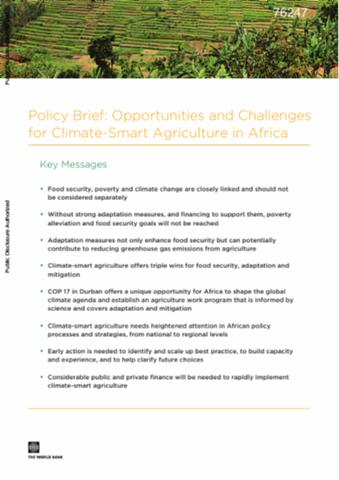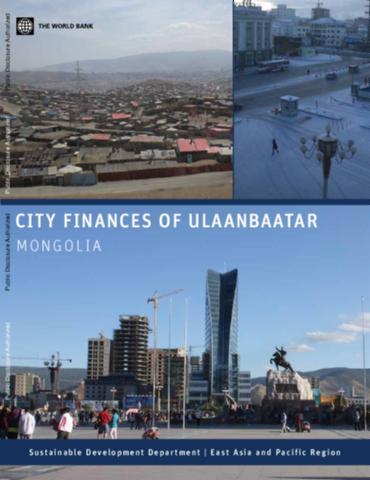The World Bank is a vital source of financial and technical assistance to developing countries around the world. We are not a bank in the ordinary sense but a unique partnership to reduce poverty and support development. The World Bank Group has two ambitious goals: End extreme poverty within a generation and boost shared prosperity.
- To end extreme poverty, the Bank's goal is to decrease the percentage of people living on less than $1.25 a day to no more than 3% by 2030.
- To promote shared prosperity, the goal is to promote income growth of the bottom 40% of the population in each country.
The World Bank Group comprises five institutions managed by their member countries.
The World Bank Group and Land: Working to protect the rights of existing land users and to help secure benefits for smallholder farmers
The World Bank (IBRD and IDA) interacts primarily with governments to increase agricultural productivity, strengthen land tenure policies and improve land governance. More than 90% of the World Bank’s agriculture portfolio focuses on the productivity and access to markets by small holder farmers. Ten percent of our projects focus on the governance of land tenure.
Similarly, investments by the International Finance Corporation (IFC), the World Bank Group’s private sector arm, including those in larger scale enterprises, overwhelmingly support smallholder farmers through improved access to finance, inputs and markets, and as direct suppliers. IFC invests in environmentally and socially sustainable private enterprises in all parts of the value chain (inputs such as irrigation and fertilizers, primary production, processing, transport and storage, traders, and risk management facilities including weather/crop insurance, warehouse financing, etc
For more information, visit the World Bank Group and land and food security (https://www.worldbank.org/en/topic/agriculture/brief/land-and-food-security1
Resources
Displaying 2081 - 2085 of 4907Doing Business Economy Profile 2013
This tenth edition of Doing Business sheds light on how easy or difficult it is for a local entrepreneur to open and run a small to medium-size business when complying with relevant regulations. It measures and tracks changes in regulations affecting eleven areas in the life cycle of a business: starting a business, dealing with construction permits, getting electricity, registering property, getting credit, protecting investors, paying taxes, trading across borders, enforcing contracts, resolving insolvency and employing workers.
Developing a Housing Microfinance Product
The objective of this case study is to document an example of the successful design and implementation of housing micronance (HMF) products by analyzing the approach taken by the First Micronance Bank of Afghanistan (FMFB-A) from 2009 to 2013. This report aims to encourage other lenders to follow suit and offer housing-related loans to low-income earners. It is part of IFC’s MENA Micronance Knowledge Management project, which aims to raise awareness among micronanceinstitutions (MFIs) about the importance of risk management, product development, and transformation.
Policy Brief
Agriculture is the economic foundation of many Sub-Saharan Africa (SSA) countries, employing about 60 percent of the workforce and contributing an average of 30 percent of gross domestic product. Yet agricultural growth rates for SSA declined in the 2000 and food insecurity remains a concern, with malnourishment only dropping from 34 to 30 percent in two decades. Various projections suggest that food production must increase by 70-100 percent by 2050 to meet the demands of a world with 9 billion people and changing diets.
City Finances of Ulaanbaatar, Mongolia
Ulaanbaatar's (UB) population has swollen from half a million in 2001 to approximately 1.2 million in 2011, accounting for over 40 percent of the country's population. This trend is likely to continue as economic growth is increasingly concentrated in UB. With its growing population and concerns in rising inequality, the city is facing increasing pressure to maintain and expand service provision (especially infrastructure). The local tax on wages is expected to continue to provide substantial revenues to the UB government, which will assist the growing demand for services.
Old policies - new action: a surprising political initiative to recognize human rights in Cambodian land reform
Under the motto 'old policies, new action', in June 2012 the Cambodian Prime Minister initiated a massive land registration campaign on untitled former forest land. Unauthorised settlers and other long-term users of these lands, including those inside Economic Land Concessions, had been considered illegal before. Those of them who are poor now receive full property title by way of donation.










